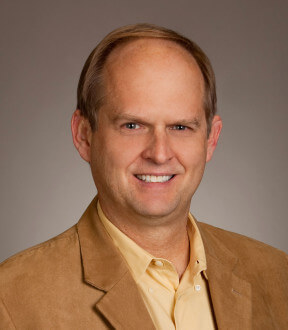Ricochet is the best place on the internet to discuss the issues of the day, either through commenting on posts or writing your own for our active and dynamic community in a fully moderated environment. In addition, the Ricochet Audio Network offers over 50 original podcasts with new episodes released every day.
It is one thing to talk about how robots will change economics, or how they might take our jobs. But how will they change our human society? What will it be like to live with robots, who may be vastly superior to us intellectually if not also in other ways? What can we predict?
Robin Hanson has a new book out just to this effect, called The Age of Em: Work, Love and Life when Robots Rule the Earth, available on Amazon.
 Robin Hanson is an associate professor of economics at George Mason University. Previous to that, he spent years as a researcher in artificial intelligence for both NASA and Lockheed’s AI Center. He has a PhD from Caltech, and degrees in physics and the philosophy of science from the University of Chicago, and in physics from UC Irvine. He has too many writings to count, both popular and academic, and has a popular blog,Overcoming Bias. The Age of Em: Work, Love and Life when Robots Rule the Earth is his second book, and he has another one coming next year with Kevin Simler titled Hidden Motives in Everyday Life.
Robin Hanson is an associate professor of economics at George Mason University. Previous to that, he spent years as a researcher in artificial intelligence for both NASA and Lockheed’s AI Center. He has a PhD from Caltech, and degrees in physics and the philosophy of science from the University of Chicago, and in physics from UC Irvine. He has too many writings to count, both popular and academic, and has a popular blog,Overcoming Bias. The Age of Em: Work, Love and Life when Robots Rule the Earth is his second book, and he has another one coming next year with Kevin Simler titled Hidden Motives in Everyday Life.
Subscribe to Political Economy with James Pethokoukis in Apple Podcasts (and leave a 5-star review, please!), or by RSS feed. For all our podcasts in one place, subscribe to the Ricochet Audio Network Superfeed in Apple Podcasts or by RSS feed.










That was a ton of fun. I particularly enjoyed the closing comments on the predictor markets. An interesting personality that I would enjoy hearing speculate and explain again in the future. In a way, similar to hearing Prof Epstein walk through his arguments and assertions.
Thanks for posting.
So, will an Em have the right to vote? Given that the virtual world of the Ems and the vestigial physical world of humans will overlap (hence the potential economic benefits to investment markets), will Ems be participating in the political processes of the physical world? If so, wouldn’t the community of Ems have a vested interest in producing as many “voters” as necessary to insure they always enjoy the electoral advantage over humans?